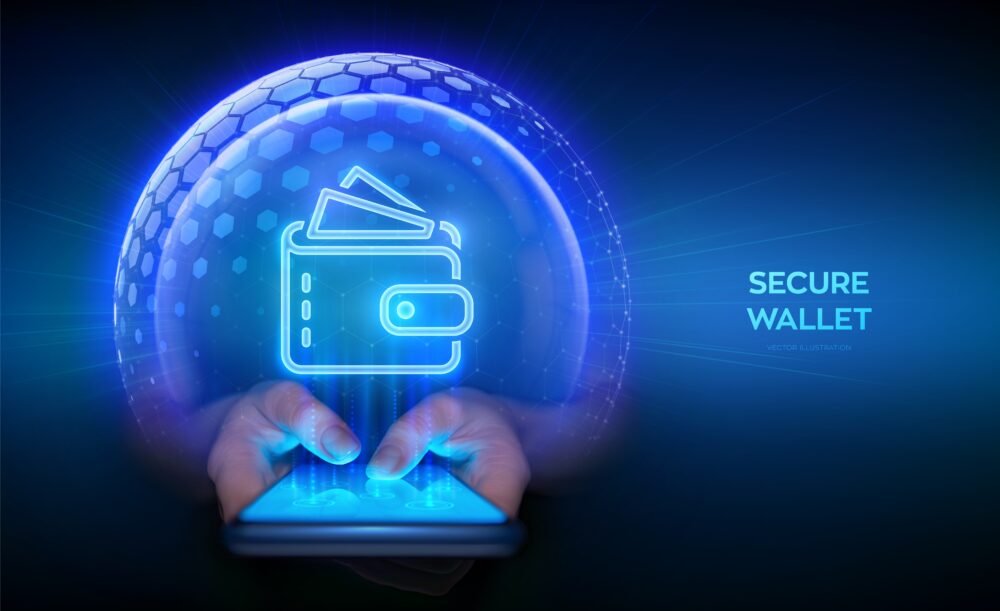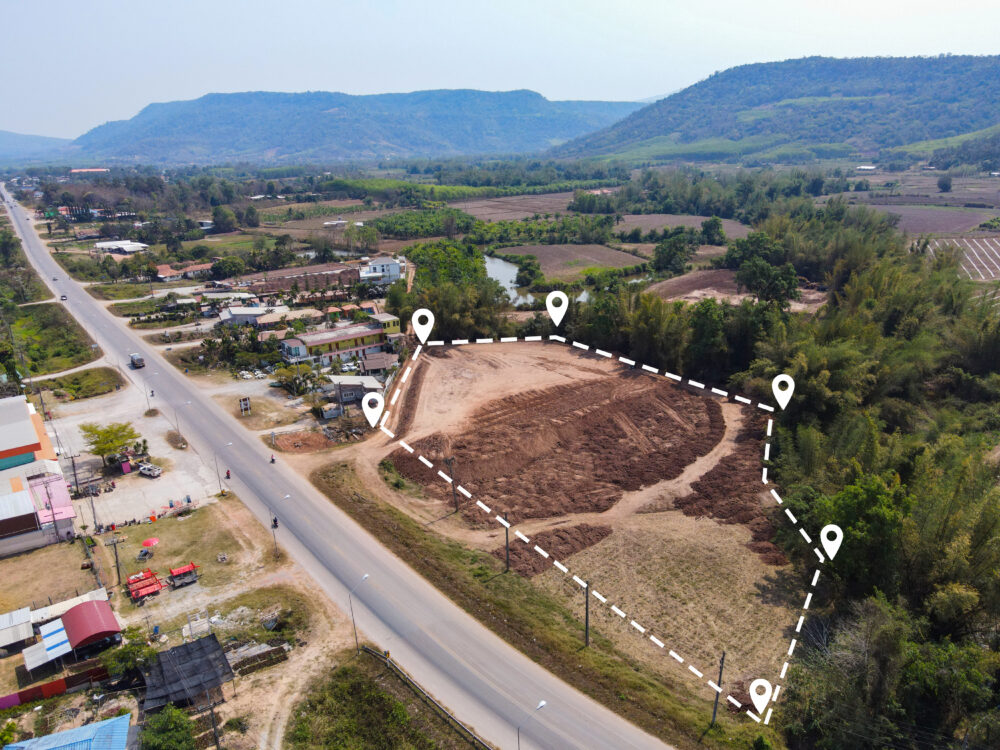In the modern economy, e-commerce has become a driving force for innovation and growth, transforming the way businesses operate and how consumers interact with the market. The convenience, accessibility, and efficiency of online platforms have made them an essential component of global commerce and local economies.
One of the most notable features of e-commerce platforms is the prevalence of promotional programs, ranging from discounts, vouchers, flash sales, to exclusive member deals. These programs not only attract consumers but also serve as important tools for businesses to strengthen their presence, build loyalty, and boost sales in an intensely competitive environment.
Therefore, paying attention to legal issues is not only a responsibility but also a strategic benefit that helps businesses develop steadily and sustainably in today’s volatile market.
See more: Regulation on commercial promotion and some notes for traders who conduct the commercial promotion
1. Promotional Forms Permitted by Law
According to current legal regulations, the following promotional forms are allowed:(1)
- Providing free samples of products or services for customers to try without payment.
- Giving away products or services free of charge.
- Selling products or providing services at a lower price than the previously established price, applied during a specified promotional period (promotion through discounts).
- Selling products or providing services with vouchers or service coupons.
- Selling products or providing services with a prize draw coupon for customers to select prize winners according to the announced rules and prizes (or other equivalent prize draw and awarding forms).
- Selling products or providing services with participation in chance-based programs, where participation is linked to purchasing goods or services, and winning depends on the participant’s luck according to the announced rules and prizes (chance-based promotional programs).
- Organizing loyalty programs, where rewards for customers are based on the quantity or value of goods or services purchased, represented through customer cards, purchase vouchers, or other forms.
2. Do E-commerce Promotions Require Approval?
Merchants who only sell and promote products through e-commerce platforms or online promotional websites are not required to notify authorities about their promotional activities.(2)
Promotions do not need to be noticed if they fall under the following categories:
- Providing free samples of products or services for customers to try.
- Giving away products or services for free.
- Promotions through discounts.
- Selling products or providing services with vouchers or service coupons.
- Selling products or providing services with a prize draw coupon for customers to select winners according to the announced rules and prizes (or equivalent forms of prize draws and awards).
- Organizing loyalty programs, where rewards are based on the quantity or value of products or services purchased, represented through customer cards, purchase vouchers, or other forms.
- Organizing cultural, artistic, entertainment programs, or other events for promotional purposes.
- Merchants conduct promotional programs with a total prize or gift value of less than 100 million VND.
Additionally, merchants need to register their promotional activities for chance-based promotions. Specifically, this includes providing services that are linked to participation in a chance-based program, where participation is tied to purchasing services and winning depends on the participant’s luck, according to the announced rules and prizes.(3)
3. Limitations on Promotional Pricing(4)
- The maximum discount on goods and services being promoted cannot exceed 50% of the price of those goods or services immediately before the promotional period.
- The maximum discount limit does not apply when promoting discounts for:
- Goods and services under the government’s price stabilization policy.
- Fresh food items.
- Goods and services in cases where a business is bankrupt, dissolved, or changes its location or production/business activities.
- In cases where promotional programs are organized on a large scale, the maximum discount limit for the goods or services being promoted is 100%. This 100% discount limit also applies to promotional activities within trade promotion programs or activities decided by the Prime Minister.
Complying with legal regulations in promotional programs not only benefits businesses but also protects consumer rights and contributes to building a healthy and fair business environment.
(1) Section II of Decree 81/2018/ND-CP
(2) Article 17.2 of Decree 81/2018/ND-CP
(3) Article 13 of Decree 81/2018/ND-CP
(4) Articles 6 and 7 of Decree 81/2018/ND-CP
Disclaimers:
This article is for general information purposes only and is not intended to provide any legal advice for any particular case. The legal provisions referenced in the content are in effect at the time of publication but may have expired at the time you read the content. We therefore advise that you always consult a professional consultant before applying any content.
For issues related to the content or intellectual property rights of the article, please email cs@apolatlegal.vn.
Apolat Legal is a law firm in Vietnam with experience and capacity to provide consulting services related to Business and Investment and contact our team of lawyers in Vietnam via email info@apolatlegal.com.





































